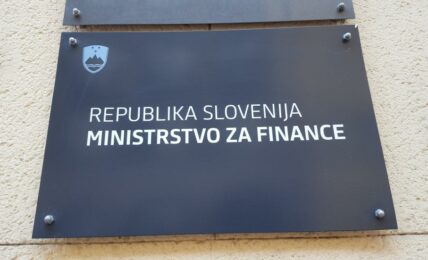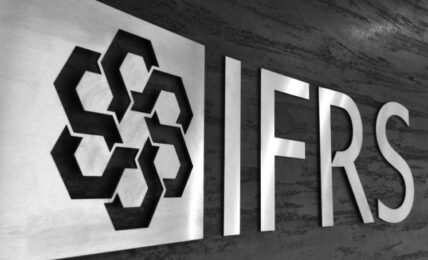Deutsche Bank announced the release of a new Sustainable Finance Framework, outlining the methodologies and procedures, including the environmental and social criteria and categories, used by the bank to classify transactions and financial products as “sustainable.”
The new framework is the second to be released by Deutsche Bank, following the initial sustainable finance framework launched by the bank in July 2020, after the bank had committed earlier that year to a target to grow its sustainable financing and portfolio of ESG investments under management to over €200 billion by the end of 2025. The bank has since raised that goal several times, and is now targeting €500 billion of sustainable financing and investment volumes between 2020 and 2025.
Earlier this month, Deutsche Bank revealed that it has reached €279 billion towards its sustainable finance and investment goal as of the end of 2023.
According to Jörg Eigendorf, Chief Sustainability Officer at Deutsche Bank, key updates in the new framework include enhanced eligibility criteria, the incorporation of evolving market practice with guidance from market associations such as ICMA, LMA, ISDA, and heightened transparency, with the framework including a commitment to publish progress on sustainable financing and investments volume with its quarterly and annual financial results, and as part of its annual non-financial report.
Eligibility criteria for sustainable finance and investments under the framework for activities classified as “environmentally sustainable” are based on the six guiding objectives of the EU Taxonomy, which include climate change mitigation, climate change adaptation, sustainable use and protection of water and marine resources, transition to a circular economy, pollution prevention and control, and protection and restoration of biodiversity and ecosystems. For socially sustainable activities, the framework outlines its classification along objectives including access to basic infrastructure, access to essential services, affordable housing, SME financing and microfinancing, employment generation, food sustainability and sustainable food systems, and socioeconomic advancement and empowerment.
Deutsche Bank also stated that it received a second party opinion from rating agency and consultancy ISS ESG, which confirmed that the framework “reflects market practices,” and that its content is aligned with the bank’s existing sustainability criteria.
In a social media post announcing the framework, Eigendorf said:
“279 billion Euros – that is the amount of sustainable financing and ESG investment we have facilitated from 2020 to 2023. But what is sustainable, what do we classify as environmental and social?
“Our newly updated Sustainable Finance Framework gives the answer and it is public for everyone. It comprehensively outlines sector-specific classification thresholds and social classification criteria. It further defines environmental and social requirements integral to our due diligence process. It serves as the foundation for us in order to achieve our ambitious sustainability targets, guided by credible criteria.”
Click here to access the Sustainable Finance Framework.


